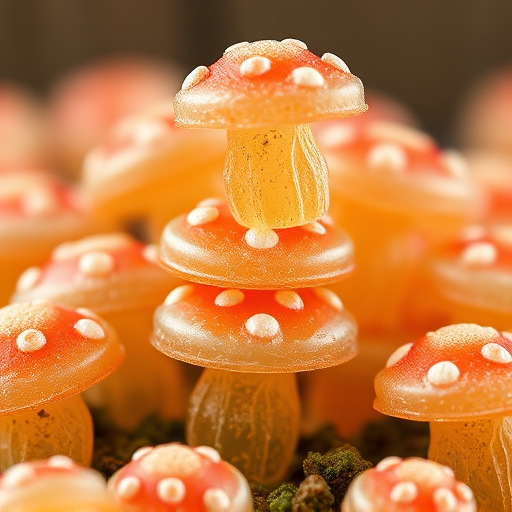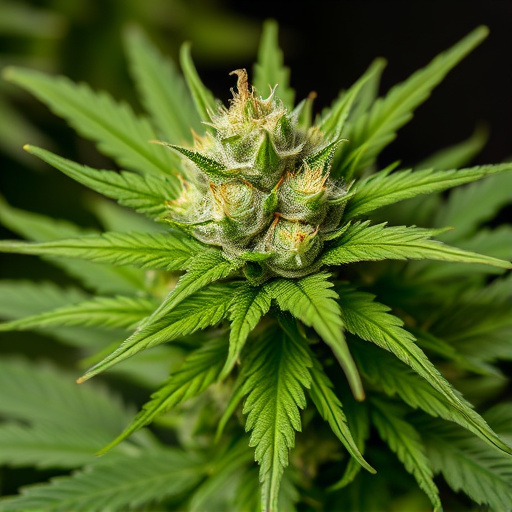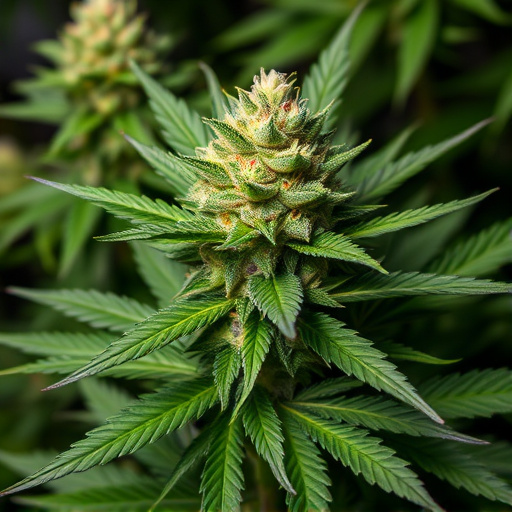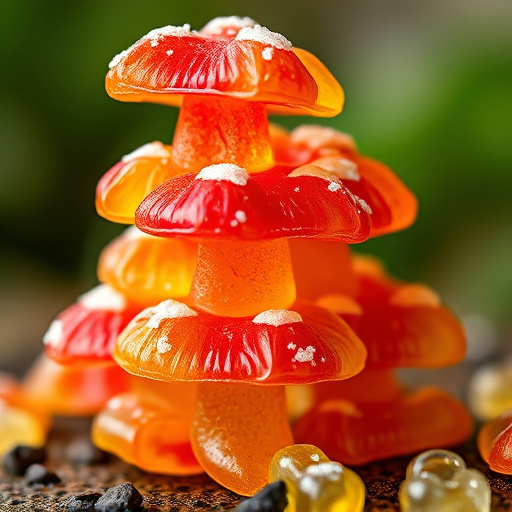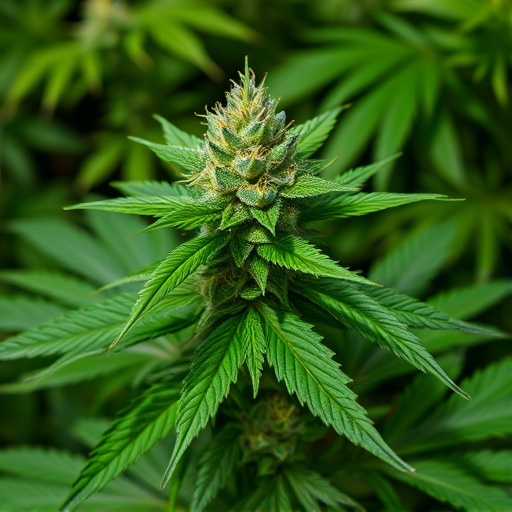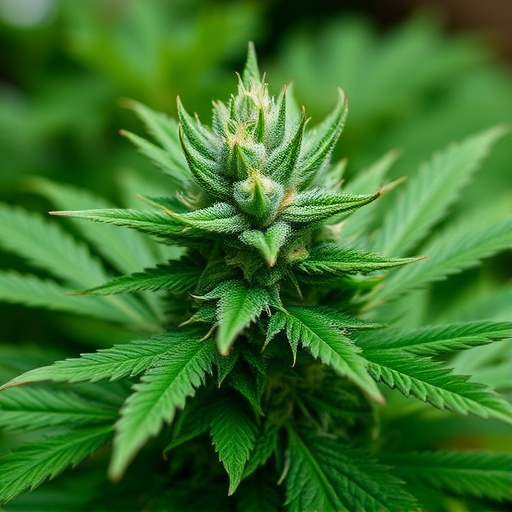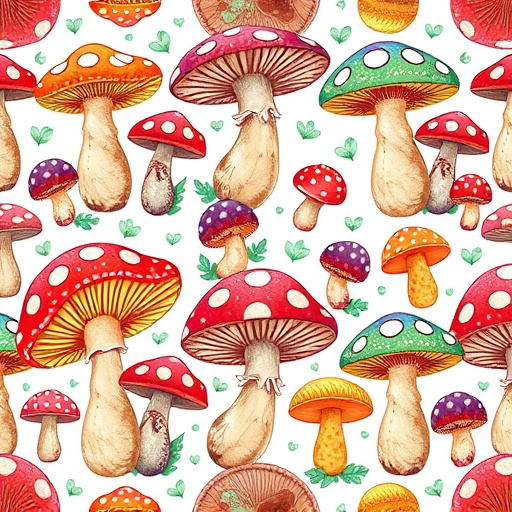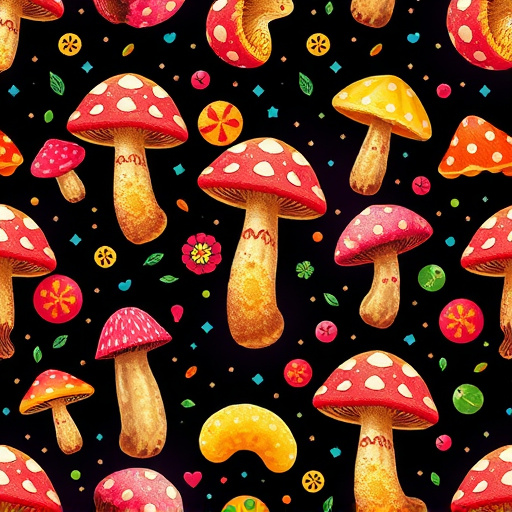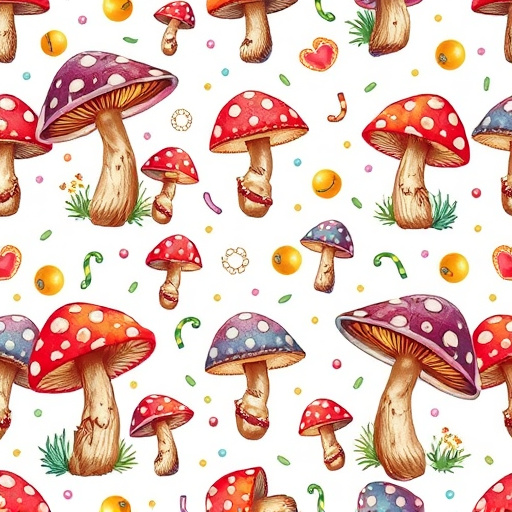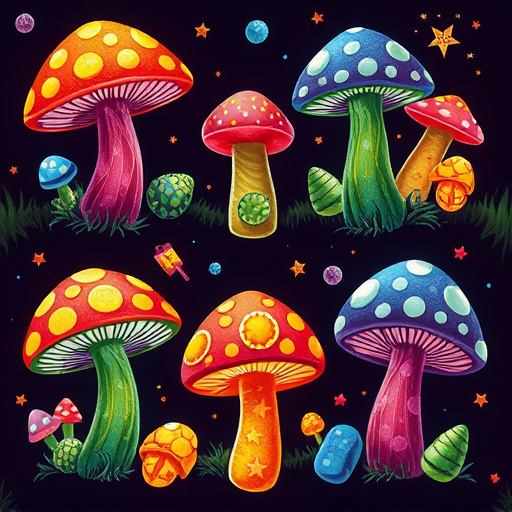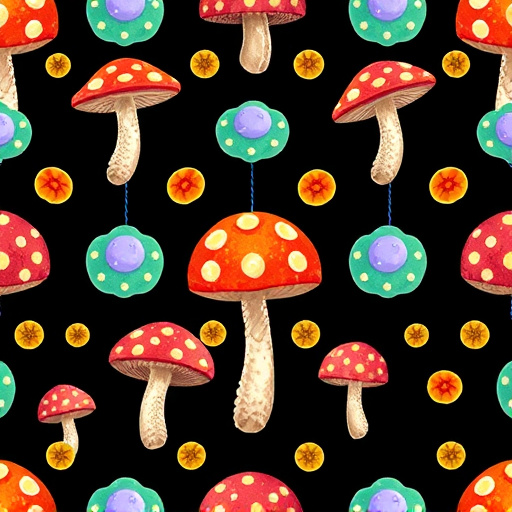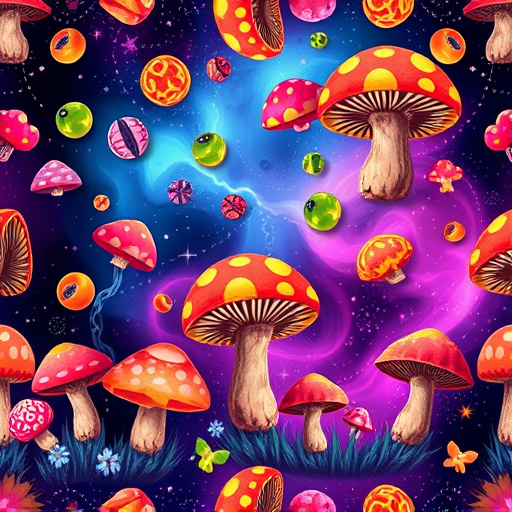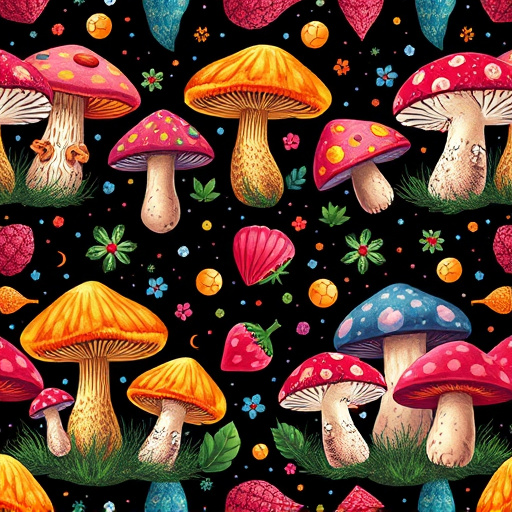Magic mushroom gummies, though seemingly modern and accessible, carry a complex web of potential risks and benefits for mental health. Initial research suggests therapeutic effects, but long-term studies reveal connections to anxiety, paranoia, and psychosis. Experiences vary based on dosage and individual psychology, ranging from spiritual encounters to mood improvements. Safe consumption requires open dialogue, responsible practices, and professional support, especially with varying legal statuses globally. Understanding both personal and societal implications is crucial given limited research on their long-term effects.
Discover the intriguing world of magic mushroom gummies—a modern twist on traditional psychedelics. This comprehensive guide delves into the growing trend of microdosing with these edible treats, exploring their potential benefits for mental health and well-being over time. We weigh the risks versus advantages and navigate the legal landscape surrounding their sale. Uncover the insights into the long-term effects of magic mushroom gummies and make informed decisions in this evolving space.
- Understanding Magic Mushroom Gummies: A Comprehensive Overview
- Exploring the Long-Term Impact on Mental Health and Well-being
- Potential Risks, Benefits, and Legal Considerations for Consuming Magic Mushroom Gummies
Understanding Magic Mushroom Gummies: A Comprehensive Overview
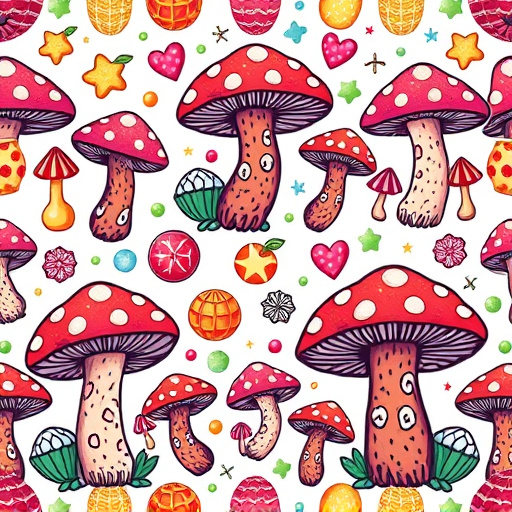
Magic mushroom gummies are a modern iteration of traditional psychedelic substances, offering a unique and potentially therapeutic experience. These gummies are created by infusing edible candy with psilocybin, the active compound found in certain species of magic mushrooms. Unlike their raw counterparts, which often require careful preparation and specific setting, gummies provide an accessible and discreet way to consume psilocybin. The long-term effects of magic mushroom gummies are a subject of growing interest in the scientific community. While initial research points towards therapeutic potential in treating mental health conditions like depression and anxiety, more studies are needed to fully understand their impact on cognitive function and emotional well-being over extended periods.
The experience induced by magic mushroom gummies can vary greatly depending on factors like dosage, environment, and individual psychology. Some users report profound spiritual or mystical experiences, enhanced creativity, and increased empathy. Others may have more subtle effects, such as improved mood and reduced stress. However, just like with any substance, there are potential risks associated with long-term use, including temporary disorientation, altered perception, and, in rare cases, adverse psychological reactions. As the popularity of psychedelic research grows, so does the need for open dialogue and responsible consumption practices surrounding magic mushroom gummies and their long-term effects.
Exploring the Long-Term Impact on Mental Health and Well-being
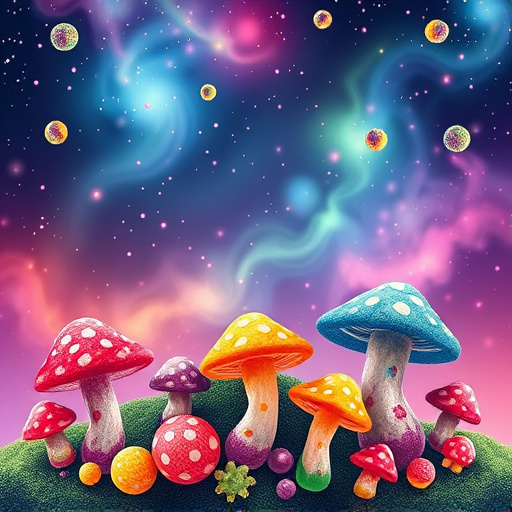
The long-term impact of magic mushroom gummies on mental health and well-being is a topic that has garnered increasing interest from both researchers and the general public. While initial studies suggest potential therapeutic benefits, such as reduced anxiety and depression symptoms, prolonged use requires careful consideration. Regular consumption of these substances could lead to unpredictable outcomes, especially in individuals with pre-existing mental health conditions.
Long-term effects may include alterations in cognitive function, emotional regulation, and even the development of psychological dependencies. Research is still evolving, but it’s crucial to understand that the mind-altering properties of magic mushrooms can be powerful. As such, exploring their use should involve open dialogue, informed consent, and access to professional support for ongoing mental health monitoring.
Potential Risks, Benefits, and Legal Considerations for Consuming Magic Mushroom Gummies
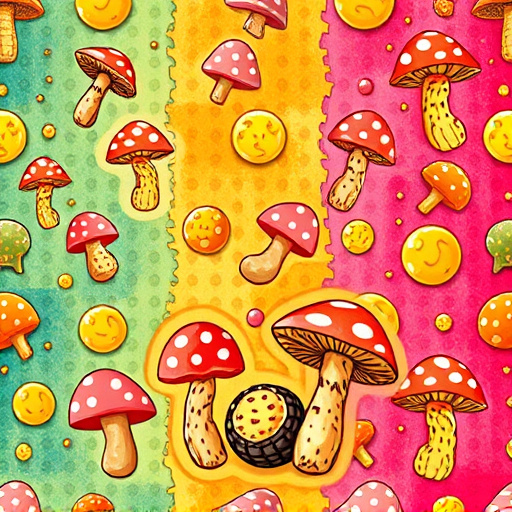
Magic mushroom gummies, despite their appealing candy-like presentation, come with a range of potential risks and benefits that must be considered before consumption. While some users report heightened creativity, improved mood, and spiritual experiences, there are also significant health concerns associated with long-term effects. Studies on the long-term effects of magic mushroom gummies suggest that regular use can lead to mental health issues, including anxiety, paranoia, and even psychosis, especially in those predisposed to these conditions. The unpredictable nature of psychedelic substances means reactions can vary greatly between individuals.
Legally, the sale and possession of magic mushrooms and their derivatives, including gummies, are heavily regulated and often illegal in many countries and regions. Even where decriminalized or legal for medical use, strict rules apply to distribution and consumption. Purchasing from unofficial sources carries additional risks, including the potential for contaminated products that could lead to serious adverse reactions. It’s crucial to understand both personal and societal implications before considering the use of magic mushroom gummies, keeping in mind the lack of robust research on their long-term effects.
The potential of magic mushroom gummies as a therapeutic tool is intriguing, offering both promising benefits and important considerations. While the long-term effects of these edibles show promise in enhancing mental health and well-being, it’s crucial to approach their use with caution. Further research is needed to fully understand their impact, and legal frameworks must adapt to reflect their growing popularity. By balancing potential risks and benefits, individuals can make informed decisions regarding magic mushroom gummies, ensuring a safe and effective exploration of this alternative therapy.
